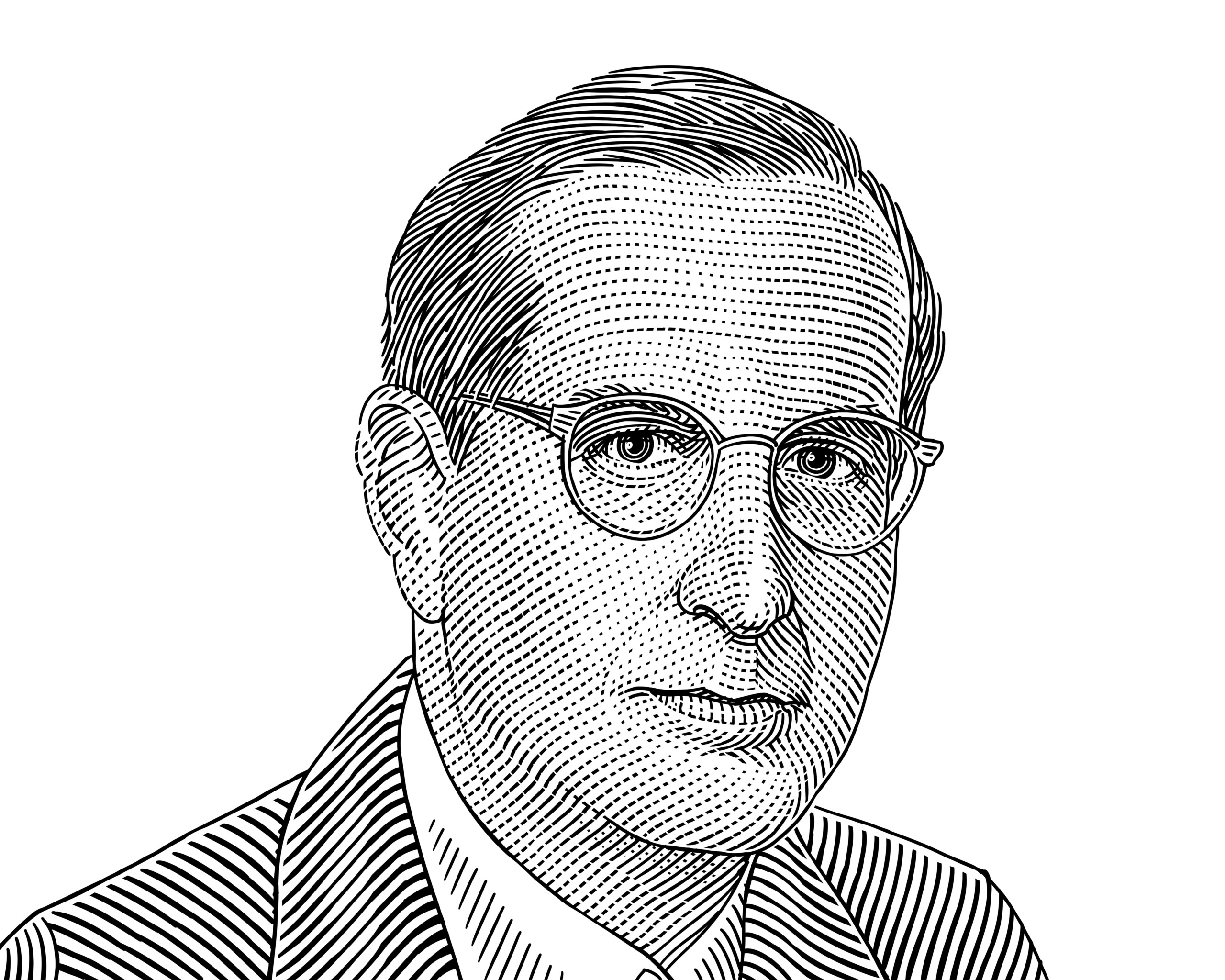Today marks the 21st installment in a series of articles by HumanProgress.org titled, Heroes of Progress. This bi-weekly column provides a short introduction to heroes who have made an extraordinary contribution to the well-being of humanity. You can find the 20th part of this series here.
This week, our Hero of Progress is Alfred Sommer, the American scientist who discovered that vitamin A deficiency dramatically contributes to increased childhood mortality and morbidity. Sommer found that providing children, especially those living in the developing world, with vitamin A tablets twice a year could drastically reduce the rate of childhood death and blindness. It is estimated that Sommer’s discovery and treatment has saved more than 12 million children from an early death, and it continues to save hundreds of thousands more people every year.
Alfred Sommer was born in New York City on October 2, 1942. Sommer attended Union College in Schenectady, New York. He graduated summa cum laude with a Bachelor of Science in biology and a minor in history in 1963. After finishing his bachelor’s degree, Sommer attended Harvard Medical School. He obtained his MD in 1967.
After graduating from Harvard, Sommer worked as a medical intern at Harvard University’s Beth Israel Deaconess Medical Center. In 1969, Sommer moved with his family to Dhaka, Bangladesh, to research cholera for the Center for Disease Control and Prevention.
In 1972, Sommer returned to the United States to continue his education. In 1973, he completed a Master of Health Sciences degree in epidemiology at the Johns Hopkins School of Hygiene and Public Health, and began to work as a fellow in ophthalmology at Johns Hopkins Wilmer Eye Institute – a clinic that specializes in the diagnosis and management of complex eye diseases.
At the Wilmer Eye Institute, Sommer began to research the cause and effects of vitamin A deficiency and in 1976, he moved to Indonesia to study the topic more closely. Sommer became a Visiting Professor of Ophthalmology at the University of Padjadjaran, where he soon discovered that vitamin A deficiency was the leading cause of preventable blindness in children.
He also discovered that vitamin A deficiency dramatically increased childhood mortality rates by reducing patients’ resistance to infectious diseases. Soon after his discovery of the debilitating effects of vitamin A deficiency, Sommer found that he could treat vitamin A deficiency cheaply and effectively by providing patients with a bi-annual oral high-dose vitamin A supplement.
To convince the scientific community of the importance of vitamin A deficiency, Sommer and his colleagues ran numerous large-scale randomized trials. Sommer organized an international conference on the topic at the Rockefeller Foundation’s Bellagio Center in Italy. At the event, scientists concluded that the use of twice-yearly doses of vitamin A could reduce the child mortality rate of vitamin A deficient children by 34 percent and save a million children from blindness every year.
Similarly, from a trial conducted in Nepal, Sommer found that giving vitamin A supplements to women of childbearing age would reduce maternal mortality by 45 percent.
Because of how cheap and easy it is to provide the bi-annual vitamin A supplements to those in need, the World Bank’s World Development Report declared Sommer’s vitamin A supplementation as one of the most cost effective of all health interventions.

In 1980, Sommer returned to Johns Hopkins Wilmer Eye Institute as the founding director of the Dana Center for Preventive Ophthalmology. Today, he continues to focus on clinical epidemiology, blindness prevention and child survival. Sommer is currently dean emeritus and professor of Epidemiology and International Health at the Johns Hopkins Bloomberg School of Public Health and Hygiene.
Throughout his career, Sommer has been decorated with numerous awards including the Pollin Prize in Pediatric Research and the Mahidol Medal (an award for outstanding achievements in medicine and public health from the King of Thailand). He is also an elected member of both the National Academy of Sciences and the National Academy of Medicine.
It is estimated that thanks to the work of Alfred Sommer, tens of millions of people have been saved from blindness and more than 12 million lives have been saved so far. For those reasons, Alfred Sommer is our 21st Hero of Progress.

